Argument essay rubric ap lang – Welcome to the world of argumentative essays, where critical thinking and persuasive writing collide. In this guide, we’ll delve into the intricacies of the AP Lang argument essay rubric, providing you with the tools to craft compelling and effective arguments that will impress even the most discerning reader.
From understanding the structure and scoring criteria to mastering the art of thesis statements, evidence gathering, and counterargument analysis, we’ll cover every aspect of this essential writing assignment. So, get ready to sharpen your argumentative skills and conquer the AP Lang argument essay with confidence.
Introduction to Argument Essay Rubric AP Lang
The College Board’s AP Lang Argument Essay Rubric is a comprehensive assessment tool used to evaluate the quality of argumentative essays written by high school students taking the AP English Language and Composition Exam. It provides a structured framework for evaluating student writing based on specific criteria and scoring guidelines.The
rubric consists of three main sections: Thesis, Evidence, and Language and Style. Each section is further divided into specific criteria that assess different aspects of the essay’s argumentation, support, and overall writing proficiency. The scoring scale ranges from 0 to 9, with each score representing a specific level of achievement in each criterion.
Thesis
The Thesis section evaluates the student’s ability to develop and articulate a clear and defensible thesis statement. It assesses the thesis’s clarity, focus, and relevance to the prompt, as well as its potential for developing a coherent and well-supported argument.
Thesis Statement
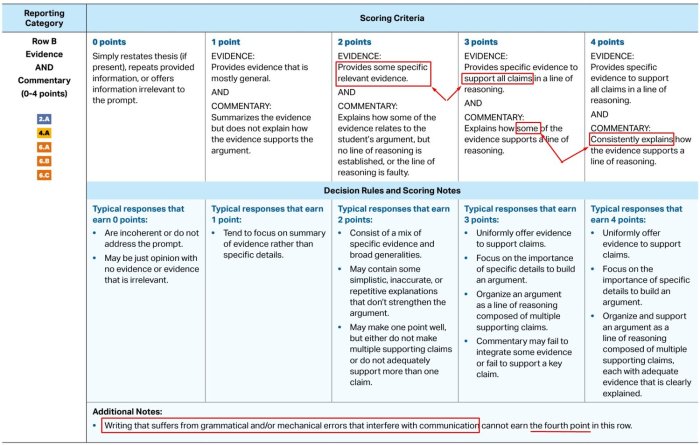
A thesis statement is the backbone of an argument essay. It is a sentence that states the main argument or claim of the essay. It is typically found in the first paragraph of the essay and should be clear, concise, and arguable.A
strong thesis statement is essential for a number of reasons. First, it provides a roadmap for the rest of the essay. It tells the reader what the essay is about and what the author is trying to prove. Second, it helps the author to stay focused on their argument throughout the essay.
Third, it makes the essay more persuasive by giving the reader a clear idea of what the author is arguing for.To create a strong thesis statement, there are a few things to keep in mind. First, the thesis statement should be specific.
It should not be a general statement that could apply to any number of topics. Instead, it should be a specific claim that the author is going to argue for in the essay.Second, the thesis statement should be arguable. This means that it should not be a fact or an opinion.
Instead, it should be a claim that can be debated and supported with evidence.Finally, the thesis statement should be clear and concise. It should be easy for the reader to understand and should not be more than one sentence long.
Here is an example of a strong thesis statement:
“The death penalty is a cruel and unusual punishment that should be abolished.”
This thesis statement is specific, arguable, and clear. It states the author’s main argument and provides a roadmap for the rest of the essay.
Evidence and Support
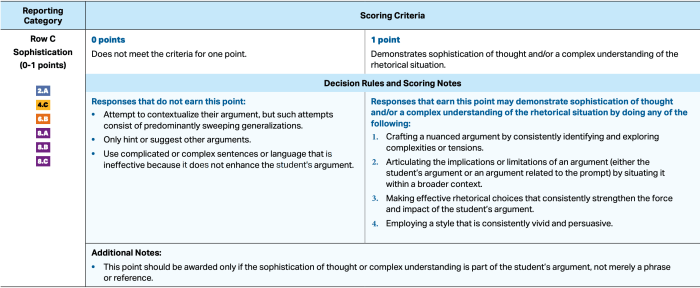
Evidence and support are the backbone of any argumentative essay. They provide the proof that your claims are valid and persuasive. Without evidence, your essay will be nothing more than a collection of opinions.
There are many different types of evidence that you can use in an argument essay. Some of the most common include:
- Facts:Facts are objective statements that can be verified by research. They are the most powerful type of evidence because they are difficult to dispute.
- Statistics:Statistics are numerical data that can be used to support claims. They can be very persuasive when used correctly.
- Examples:Examples are specific instances that illustrate your claims. They can be very effective in making your argument more relatable.
- Expert opinions:Expert opinions are statements from people who have knowledge or experience in a particular field. They can be very persuasive when they come from credible sources.
Once you have gathered your evidence, you need to use it effectively to support your claims. This means using evidence that is relevant to your topic and that supports your claims directly. You should also use evidence that is credible and that comes from reliable sources.
By using evidence effectively, you can make your argument more persuasive and convincing.
Using Evidence Effectively, Argument essay rubric ap lang
There are a few things you can do to use evidence effectively in your argument essay:
- Use evidence that is relevant to your topic.Don’t just throw in evidence for the sake of it. Make sure that every piece of evidence you use supports your claims directly.
- Use evidence that is credible.Don’t use evidence from unreliable sources. Make sure that your sources are credible and that they have a good reputation.
- Use evidence that is persuasive.Not all evidence is created equal. Some evidence is more persuasive than others. When choosing evidence, consider how persuasive it will be to your audience.
- Use evidence correctly.Don’t misrepresent evidence or use it out of context. Make sure that you use evidence accurately and fairly.
By following these tips, you can use evidence effectively to support your claims and persuade your readers.
Reasoning and Analysis
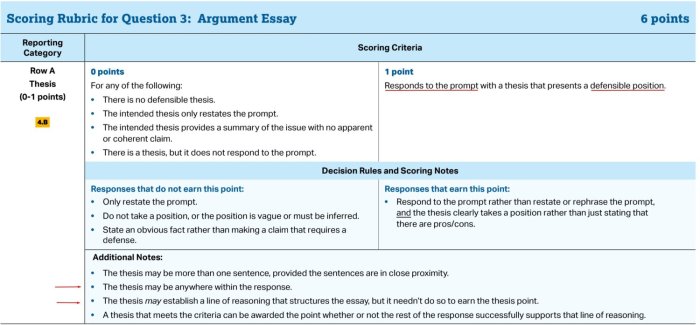
Reasoning and analysis are crucial elements of an argument essay as they allow writers to present a logical and well-supported argument. Reasoning involves using evidence to support claims and drawing logical conclusions, while analysis involves examining evidence and identifying its significance and relevance.
To develop logical arguments, writers should use evidence from credible sources, such as research studies, statistics, and expert opinions. They should also avoid using fallacies, which are errors in reasoning that can weaken an argument. Additionally, writers should consider counterarguments and address them in their essays to demonstrate that they have considered different perspectives.
Analyzing Evidence
Analyzing evidence involves examining its credibility, relevance, and sufficiency. Writers should evaluate the source of the evidence to determine its reliability and whether it is biased. They should also consider the context of the evidence to ensure that it is relevant to the argument being made.
Finally, writers should assess whether they have sufficient evidence to support their claims.
Organization and Structure
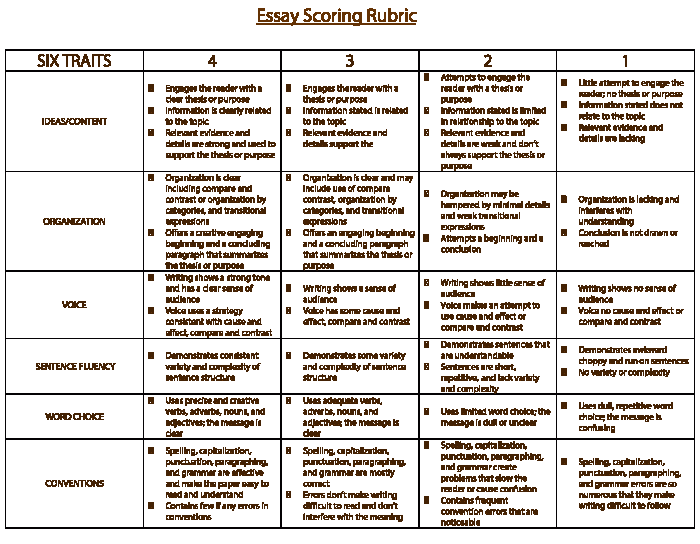
An argument essay’s effectiveness hinges on its organization and structure. By employing transitions, headings, and paragraphs strategically, you can craft a coherent and captivating essay.
Transitions act as bridges between ideas, guiding readers smoothly through your argument. Headings serve as signposts, indicating the essay’s main points and organizing the content logically. Paragraphs provide the space for you to develop your ideas fully, providing evidence, analysis, and reasoning.
Transitions
- Use transitions to connect ideas within paragraphs and between paragraphs.
- Examples of transitions include: “Furthermore,” “In contrast,” “Consequently,” “However,” and “Therefore.”
Headings
- Headings should be concise and accurately reflect the content of the section they introduce.
- Use headings to break up the essay into logical sections and create a visual hierarchy.
Paragraphs
- Each paragraph should focus on a single main idea or point.
- Develop your main idea with evidence, analysis, and reasoning.
- Ensure that paragraphs flow logically from one to another, building on the previous ideas.
Style and Language
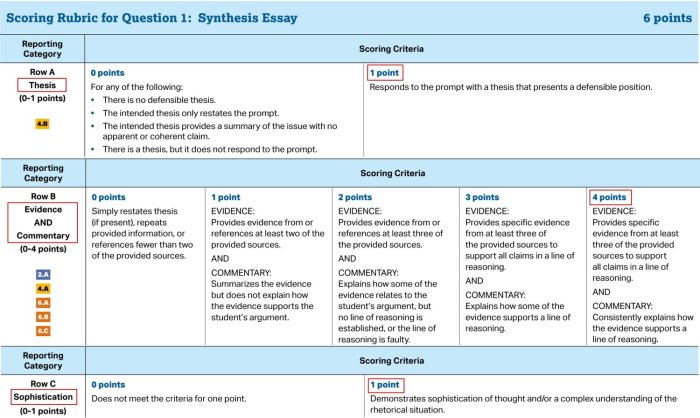
In an argument essay, the style and language you use are crucial for effectively conveying your arguments and persuading readers. Your writing should be clear, concise, and engaging, allowing your ideas to shine through.
Understanding the argument essay rubric for AP Lang is essential for success. It provides clear guidelines for writing effective essays. If you’re looking to improve your English skills, consider checking out resources like thoat vi dia dem tieng anh . By understanding the structure and expectations of the AP Lang argument essay rubric, you can develop a strong foundation for your writing skills.
To achieve this, focus on using precise and specific language that accurately expresses your thoughts. Avoid jargon or overly technical terms that may alienate your audience. Instead, strive for clarity and accessibility, ensuring that your arguments are easily understood by all readers.
Use of Figurative Language
While clarity is paramount, strategic use of figurative language can enhance your writing’s impact. Similes, metaphors, and analogies can help illustrate complex concepts, evoke emotions, and make your arguments more memorable. However, use figurative language sparingly and only when it genuinely adds value to your writing.
Counterarguments
In an argument essay, addressing counterarguments is crucial as it demonstrates your awareness of opposing viewpoints and strengthens your overall argument. By acknowledging and refuting these opposing perspectives, you establish a well-rounded and comprehensive analysis that anticipates and addresses potential objections.
Strategies for Acknowledging and Refuting Counterarguments
- Explicitly State Counterarguments:Directly address the opposing viewpoint, avoiding vague or indirect language. Clearly Artikel the key points of the counterargument, ensuring readers understand the position you are refuting.
- Provide Evidence-Based Rebuttal:Support your refutation with specific evidence, data, or logical reasoning. Cite credible sources to strengthen your claims and demonstrate the validity of your counterargument.
- Concede Valid Points:Acknowledge any valid or reasonable points raised by the counterargument. This demonstrates your objectivity and willingness to engage with opposing perspectives, while also highlighting the strengths of your own argument.
- Distinguish Fact from Opinion:Clearly differentiate between factual claims and subjective opinions presented in the counterargument. Provide evidence to support factual assertions and address opinions with reasoned responses.
Revision and Editing
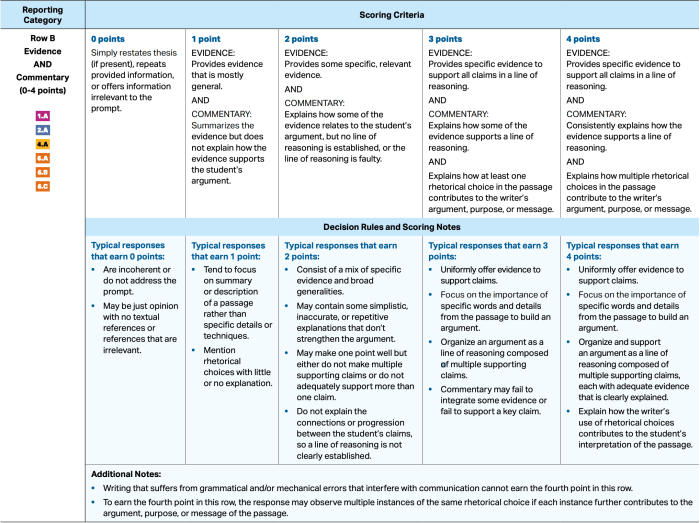
Revision and editing are essential steps in the writing process that can significantly enhance the clarity, accuracy, and effectiveness of an argument essay. They involve reviewing the essay critically to identify and correct errors, improve sentence structure, refine language, and ensure logical flow.
Tips for Revising and Editing
- Take a break:Step away from your essay for a while to gain fresh perspective.
- Read aloud:This helps you identify awkward phrasing, grammatical errors, and unclear sentences.
- Check for logical flow:Ensure that your ideas follow a coherent sequence and support your thesis.
- Evaluate evidence:Verify that your evidence is credible, relevant, and sufficient to support your claims.
- Refine language:Use precise and concise language to convey your ideas effectively.
- Seek feedback:Ask a peer or instructor to review your essay and provide constructive criticism.
Essential Questionnaire
What is the purpose of the AP Lang argument essay rubric?
The AP Lang argument essay rubric provides a set of criteria and expectations that guide students in writing effective argumentative essays. It helps students understand the structure, content, and language skills required to excel in this type of writing.
How can I improve my thesis statement?
A strong thesis statement is clear, concise, and arguable. It should state your main argument and provide a roadmap for the rest of your essay. To improve your thesis statement, make sure it is specific, focused, and supported by evidence.
What types of evidence are most effective in an argument essay?
Effective evidence includes facts, statistics, examples, and expert opinions. Choose evidence that is relevant, credible, and supports your claims. Avoid using personal anecdotes or unsupported opinions.